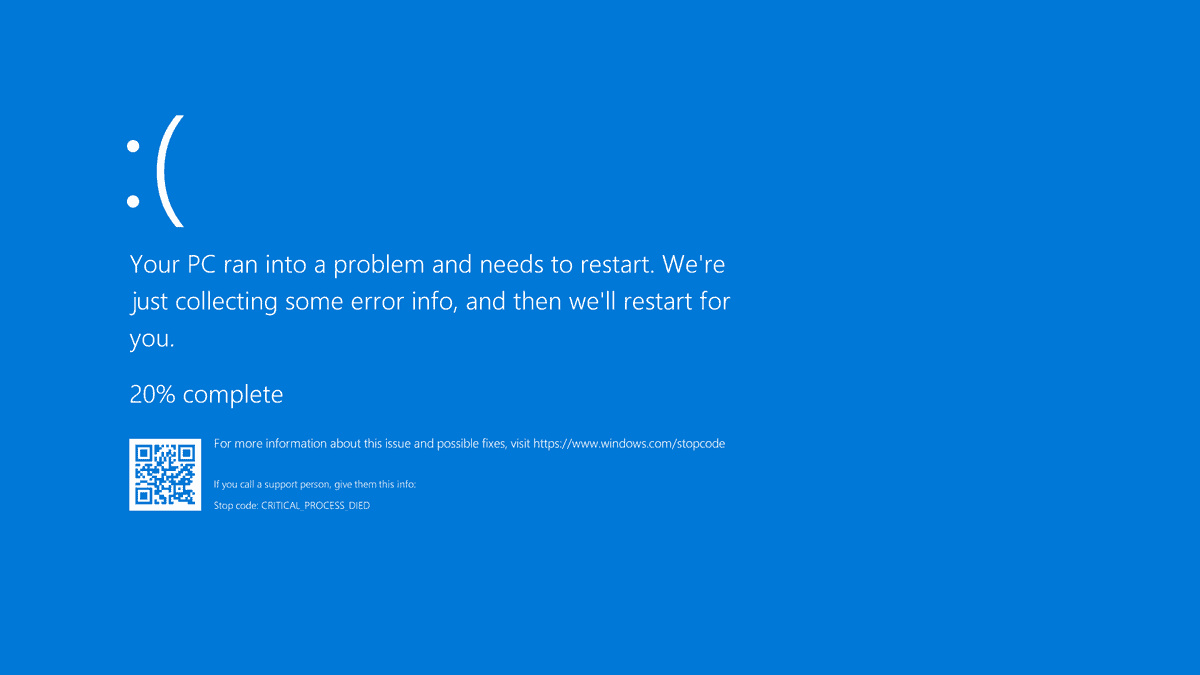6 min. read. Medical practice succession, passing your practice onto family members, selling your practice to employees, selling your practice to a third party, finance, technology updates.
Key takeaways
- The process of medical practice succession is not something you should consider days or months before you wish to retire. Generally, it is something that should be considered as far as possible in advance so that you can plan and prepare.
- Preparing your succession plan is a good opportunity to look at your technology and consider if it will be attractive to a potential buyer.
- There can be drastically different tax, duty and ongoing risk implications for both you and the transferee depending on the practice sale structure.
- Consider more than the purchase price as other factors such as warranty risk, knowledge transfer, earn-outs and retentions and restraints of trade must also come into consideration.
By Craig Hong, Director of Hillhouse Legal Partners and Ben Steel, founder of Envisage Technology
Medical practice succession can be a daunting proposition when you have worked so long and hard to build a practice and want to ensure that it changes hands smoothly, in accordance with your wishes, so that levels of patient care and service can be best maintained and in a manner which enables you to achieve maximum value.
There are a number of options to consider depending on your individual circumstances, but the most common methods of business succession are a choice between:
- Passing the business on to family(assuming they are in a position to operate the practice);
- Selling to existing employees; and
- Selling to a third party.
No matter which path you consider, there are some common issues that you should address.
We have considered some of these critical considerations and condensed them into eight key areas.
- Start early
The process of medical practice succession is not something you should commence days or months before you decide you are ready to move on or retire. Generally, it is something that should be considered as far as possible in advance so that you can plan and prepare for this critical time. A time line of literally years is not unusual to successfully bring in new doctors, ensure patient and referral continuity, sell real property and smoothly transition out of the practice.
Depending on which route is most appropriate, there may be a number of issues which need to be dealt with, including finance, premises, suppliers and patients, before you can successfully transfer control of your practice.
- Prepare the business
No matter which method of succession you are considering, the best method will always be to prepare the practice as though you are selling it to a third party with no prior knowledge of its operation.
This means cleaning up and properly documenting any legacy issues that only you are aware of, ensuring that all systems and key agreements are in writing and simple to understand and putting accounts into a form that are readily understood by third party accountants.
We have seen many practices that have had not had their service agreements and other key arrangements reviewed for several years, especially if everything had previously been done “in house”, so this process should be used as an opportunity to also review and modernise all agreements or implement agreements if the practice has traditionally been run with minimal or no formal documents.
This process should enable you to undertake a valuation and should ensure that anybody purchasing the practice – a family member, employees or a third party buyer – should be well placed to continue the operation smoothly.
- Update your technology and securit
If you want your medical practice to be attractive to a potential buyer, you need to ensure its technology is up to date.
Imagine yourself as a buyer, walking into the practice and looking at its tech. Would it be enough to send you running from the room – and the purchase?
These days medical professional are more tech savvy than ever and if the first thing they see in your practice is an antiquated tech system, they will quickly walk away from the deal.
Astute medical professionals see tech systems and data security as equally attractive in a new practice (to buy or take over) as they do street frontage, client list etc.
Preparing your practice succession plan is a good opportunity to look at your tech and if you find it lacking, do something about it.
- Consider the sale structure
There can be drastically different tax, duty and ongoing risk implications for both you and the transferee depending on the structure that you have in place and then whether you transfer the practice itself or transfer ownership of the entire underlying structure (such as shares in the company or control of a relevant trust).
There are a large number of permutations and combinations and the right structure for any particular sale will not always be clear, so it is important that you obtain proper financial planning, accounting and legal advice to ensure that you adopt the best possible structure taking into account risk, tax and financial issues for your situation.
- Consider alternative funding structures
Often when you are transferring to family members or employees, they may not have the funds readily available to make the purchase and they may not be in a position to obtain bank finance for the full purchase price.
Even with third party buyers, you may be able to achieve a superior result by providing additional vendor finance or structuring the purchase payments over time.
There are a wide variety of options available, such as secured vendor finance, issue of different classes of shares, staged buyouts and many more that can possibly provide you with a superior result or fit better within your plans than a straight sale for cash.
However, these options are not without risk so you need to obtain prudent advice to ensure that you document these arrangements properly and that you are not exposing yourself to undue risk if a buyer does not have the capacity to pay when it is time.
- Consider more than the purchase price
Sellers of practices may become blinded by an attractive initial purchase price discussed by a purchaser which, in turn, may see them reluctant to properly consider other issues such as warranty risk, earn-outs and retentions and restraints of trade.
Obviously, the purchase price for the practice is one of the most important issues, but it is wise to properly consider all of the risk that may go along with that purchase price if it comes with significant “strings attached”.
Some buyers may also be willing to pay a much higher price is a doctor is willing to spend some time either pre or post settlement to “bed in” key referrer and contractor arrangements, so capacity to do this should be taken into consideration.
In many instances, a seller may be better off taking a slightly lower price but with drastically reduced warranty risk and little or no earn-out requirements. Effectively, it may be better to take a “bird in the hand” instead of chasing “two in the bush” and agreeing to a high initial price with a difficult to achieve earn-out figure that would require your practice to have a very strong year or even outperform its own historical best.
- Document the deal properly
Even if you are transferring the practice to people you know and trust and who know and trust you, it is important that you properly document the transaction in its entirety and then undertake the transaction in accordance with those documents.
This process will give both parties the most clarity around the transaction and should provide the most protection to the parties if they have been properly advised during the negotiation and drafting of the transaction documentation.
- Work with advisors who communicat
Well-performed practice succession requires that you take a holistic approach to the process and consider all of the relevant issues. For that reason, we advocate choosing advisors who will communicate together to form the best overall strategy for you.
By sitting down at first instance with all of your advisors to properly understand your current legal and tax position and align that with your financial and life goals, you stand a much better chance of having a smooth and cost effective practice succession.
Please get in touch with Craig Hong at craig@hillhouse.com.au or Ben Steele at Ben@envisageit.com.au should you wish to discuss the planning stages we are here to help. Please talk early and talk often.
Craig Hong is a Director of Hillhouse Legal Partners and is an expert in commercial law, including business structuring, intellectual property, contracts advice, business sales and acquisitions, leases and trusts and a raft of organisational matters from HR to corporate governance.
Ben Steel is the founder and Managing Director of Envisage Technology, a Brisbane company that works with some of Australia’s top medical practices and professional services. He founded Envisage more than 22 years ago and is heavily focused on educating his customers, so they have a deeper understanding of the IT solutions being offered to them.
The information in this blog is intended only to provide a general overview and has not been prepared with a view to any particular situation or set of circumstances. It is not intended to be comprehensive nor does it constitute legal advice. While we attempt to ensure the information is current and accurate we do not guarantee its currency and accuracy. You should seek legal or other professional advice before acting or relying on any of the information in this blog as it may not be appropriate for your individual circumstances.






